Canada is reviewing its policies regarding citizenship for children born abroad, particularly children of Canadian citizens. These changes may include making it easier to obtain citizenship for children born outside of Canada.
Canada’s consideration of extending citizenship to children born abroad could have many positive effects on Vietnam, especially in the context of the growing Vietnamese community in Canada. In 2009, under the Conservative government of Prime Minister Stephen Harper, the law was changed to stipulate that Canadian parents born abroad could not pass on Canadian citizenship to their children unless they were born in Canada.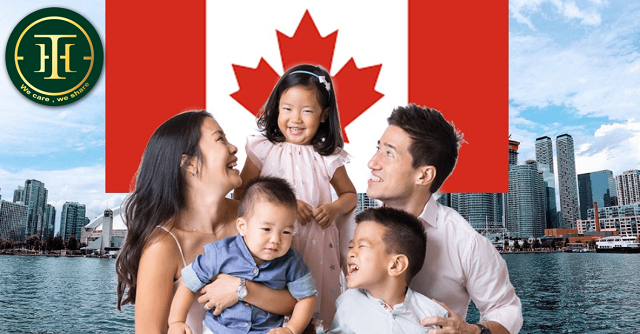
Canada considers extending citizenship rights to children born abroad. Photo: Internet.
The new bill would reverse this change, which was ruled unconstitutional by the courts, and extend citizenship by descent to first-generation children born outside Canada. Under the new rules, parents born outside Canada would need to reside in Canada for at least three years before giving birth or adopting a child in order for their child to be granted Canadian citizenship. If passed, the bill would come into effect in early 2025. For Vietnamese people, if you want to give birth in Canada, you need to learn some tips to make giving birth in Canada legal. Potential impacts include strengthening family ties and community connections: Many Vietnamese families living in Canada may have children born abroad. Expanding citizenship rights would make it easier for these families to connect and maintain family ties. It also encourages human resources: Children who are recognized as citizens can contribute to the Canadian labor market when they grow up, and can bring with them cultural values and experiences from Vietnam, enriching Canadian society. Promote migration and investment: This policy can encourage more Vietnamese families to invest in living and studying in Canada, creating conditions for high-quality migration between the two countries. Strengthen bilateral relations: This can lead to closer ties between Canada and Vietnam, through human resource development, cultural exchange and trade. Care for citizens' rights: This policy demonstrates Canada's care for citizens' rights, creates a positive environment for those living abroad and strengthens Canada's image as a multicultural and friendly country. In the case of Canadian citizens or permanent residents in Canada. You will enjoy 100% free medical service costs in addition to being cared for from the first days of pregnancy. If you are a tourist giving birth in Canada, you will have to pay all of the above costs. In addition, if you are an international student or worker, ... When giving birth in Canada, you will be supported by the insurance company to pay a part of the medical service costs. Regarding medical services in Canada, you can completely trust when using the service because the medical services here are among the best in the world. After you give birth in Canada, the hospital will let you stay in the hospital to recuperate for 2-3 days, or in special cases, about 4 days. Moreover, before being discharged, the nurse or doctor of the hospital where you give birth will give you documents to take your baby for regular check-ups called OHIP vouchers. Pursuant to the provisions of the Canadian Citizenship Act enacted in 1977, the Canadian Government will grant citizenship to children born on Canadian territory, including not only the land but also the airspace and sea of this country, even if the child's parents are not citizens of this country.
Whether giving birth in Canada will result in citizenship is a question that many people wonder about when preparing to move to Canada. Illustrative photo. Source: Internet.
Expanding citizenship rights for children born abroad not only benefits Canada but also creates development and connection opportunities for Vietnamese people and the Vietnamese community in Canada./.Cong Dao




![[Photo] Close-up of modernized Thu Thiem, connecting new life with District 1](https://vphoto.vietnam.vn/thumb/1200x675/vietnam/resource/IMAGE/2025/6/24/d360fb27c6924b0087bf4f288c24b2f2)
![[Photo] General Secretary To Lam meets with the Group of Young National Assembly Deputies](https://vphoto.vietnam.vn/thumb/1200x675/vietnam/resource/IMAGE/2025/6/24/618b5c3b8c92431686f2217f61dbf4f6)
![[Photo] The 9th Party Congress of the National Political Publishing House Truth](https://vphoto.vietnam.vn/thumb/1200x675/vietnam/resource/IMAGE/2025/6/24/ade0561f18954dd1a6a491bdadfa84f1)

![[Photo] Prime Minister Pham Minh Chinh attends the Vietnam-China Business Connection Forum](https://vphoto.vietnam.vn/thumb/402x226/vietnam/resource/IMAGE/2025/6/24/f8e4b8223ab64fa0a1fe8ee58a36b57a)



















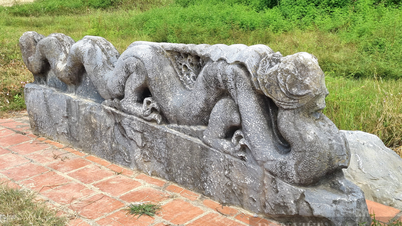




















































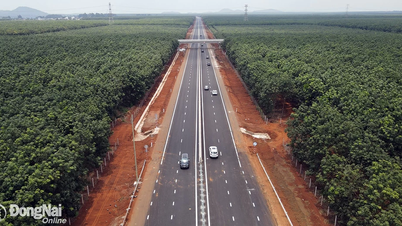
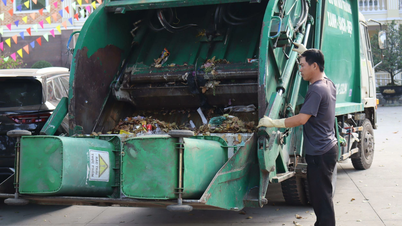
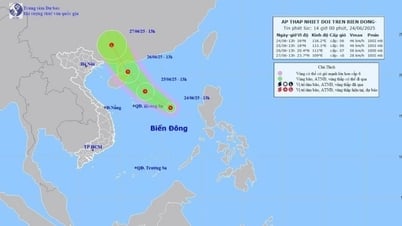



















Comment (0)